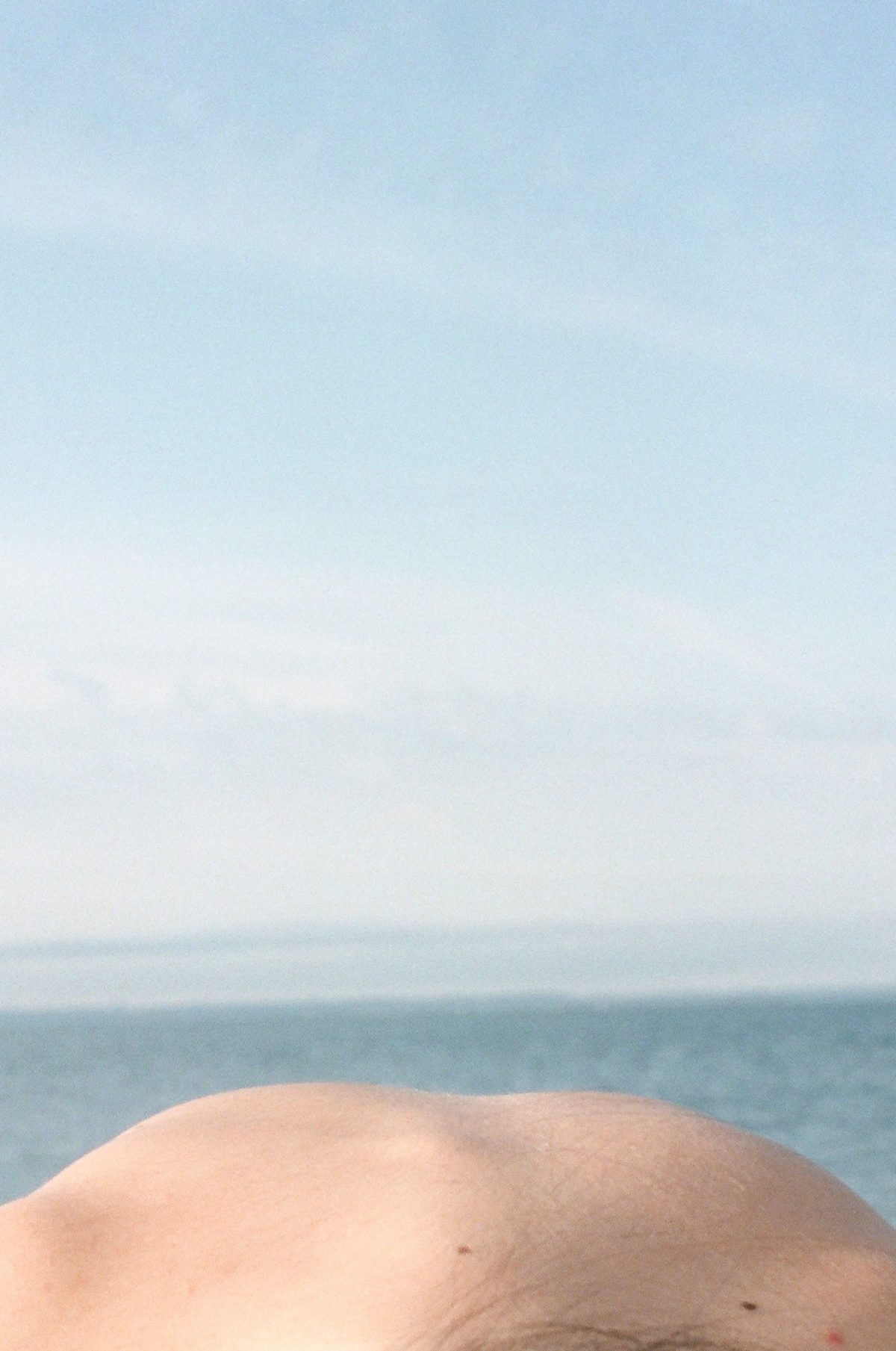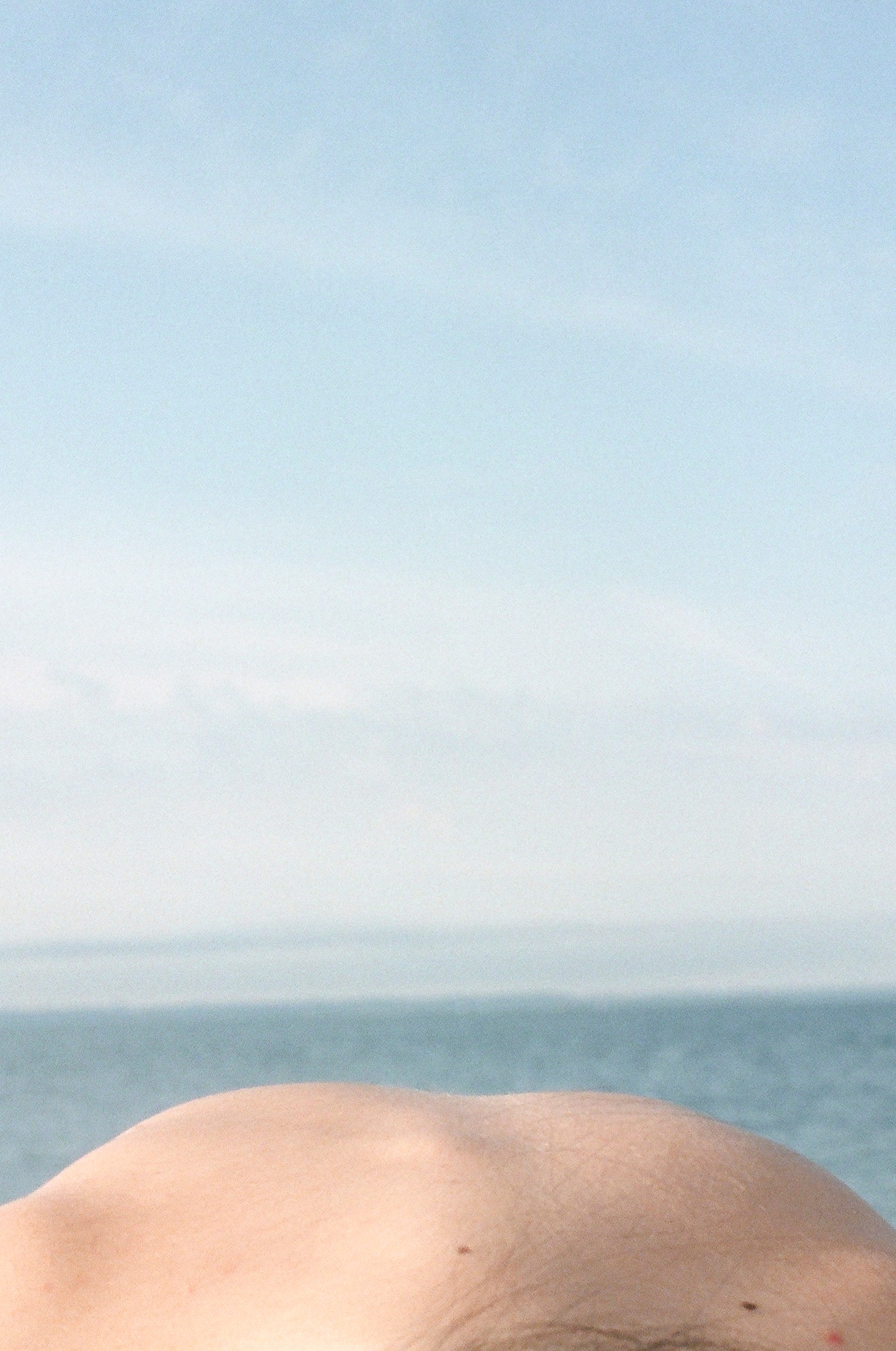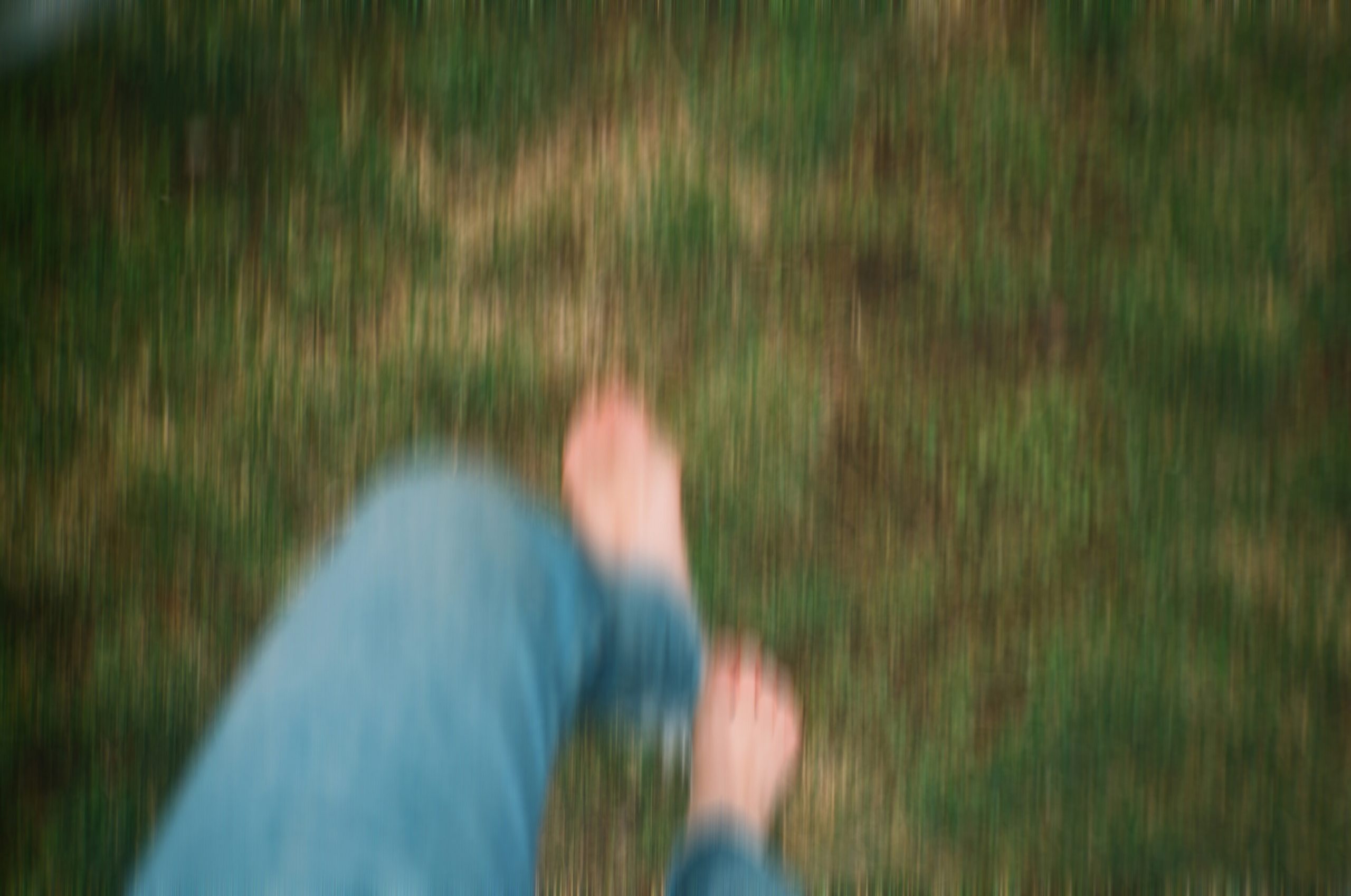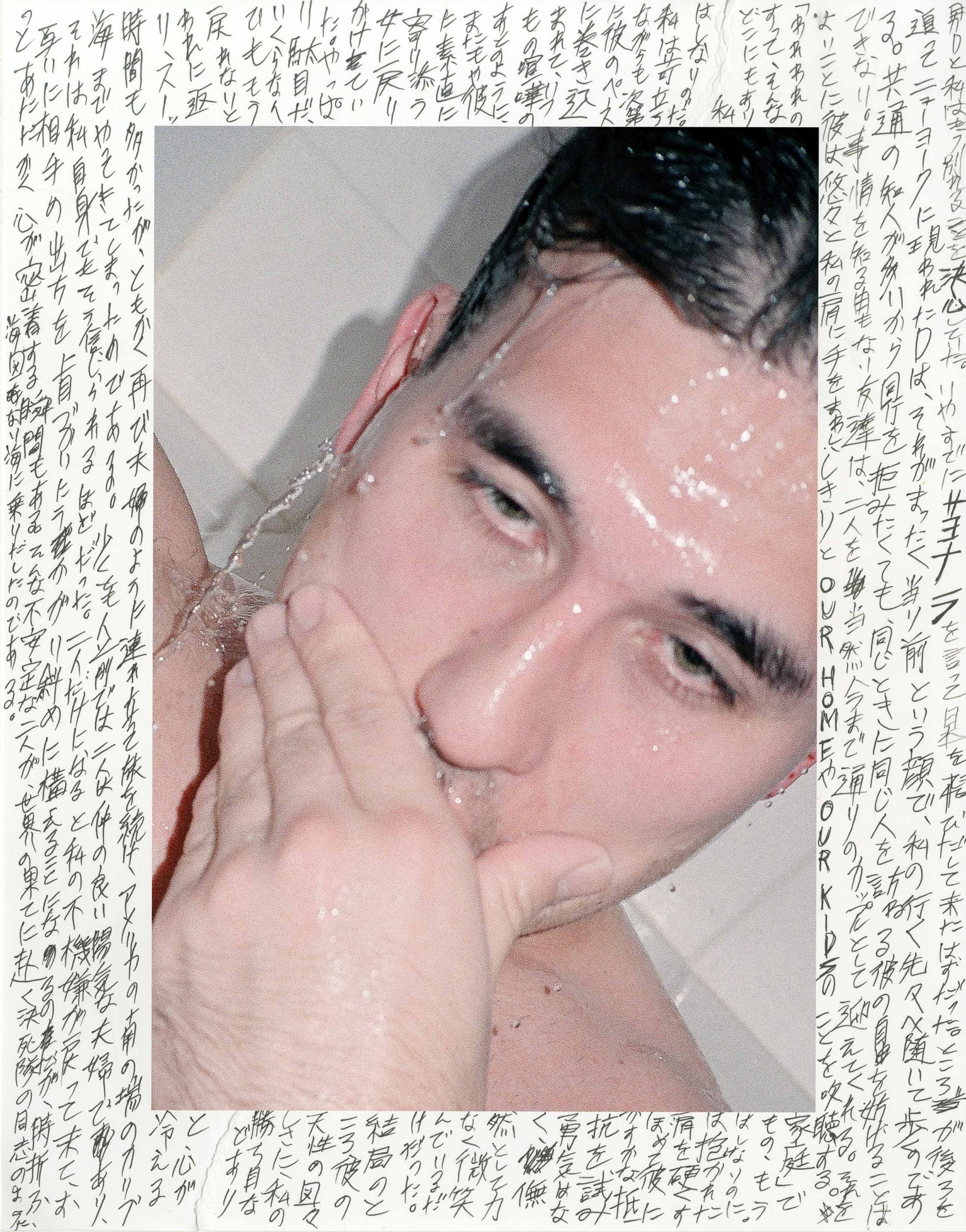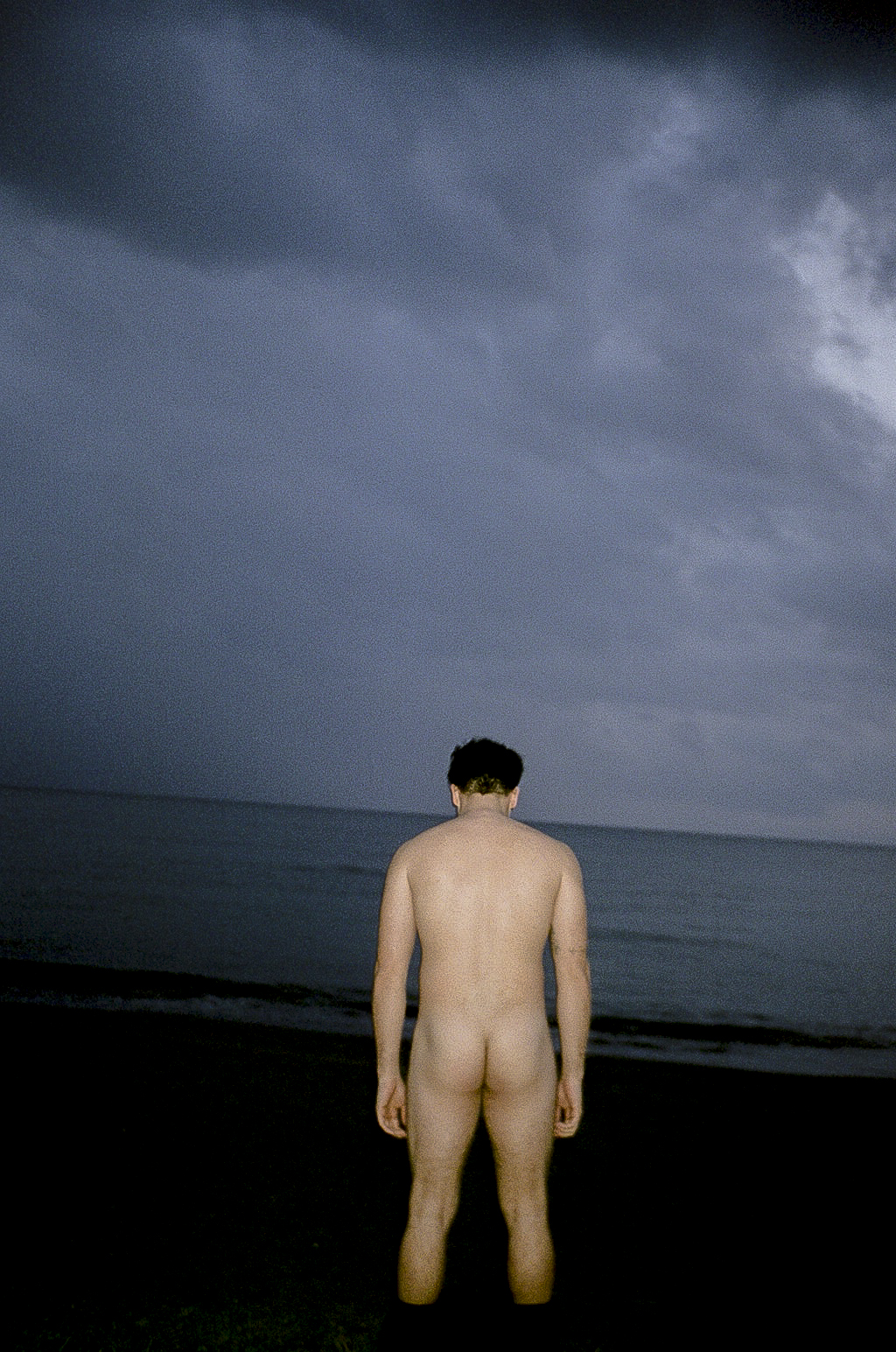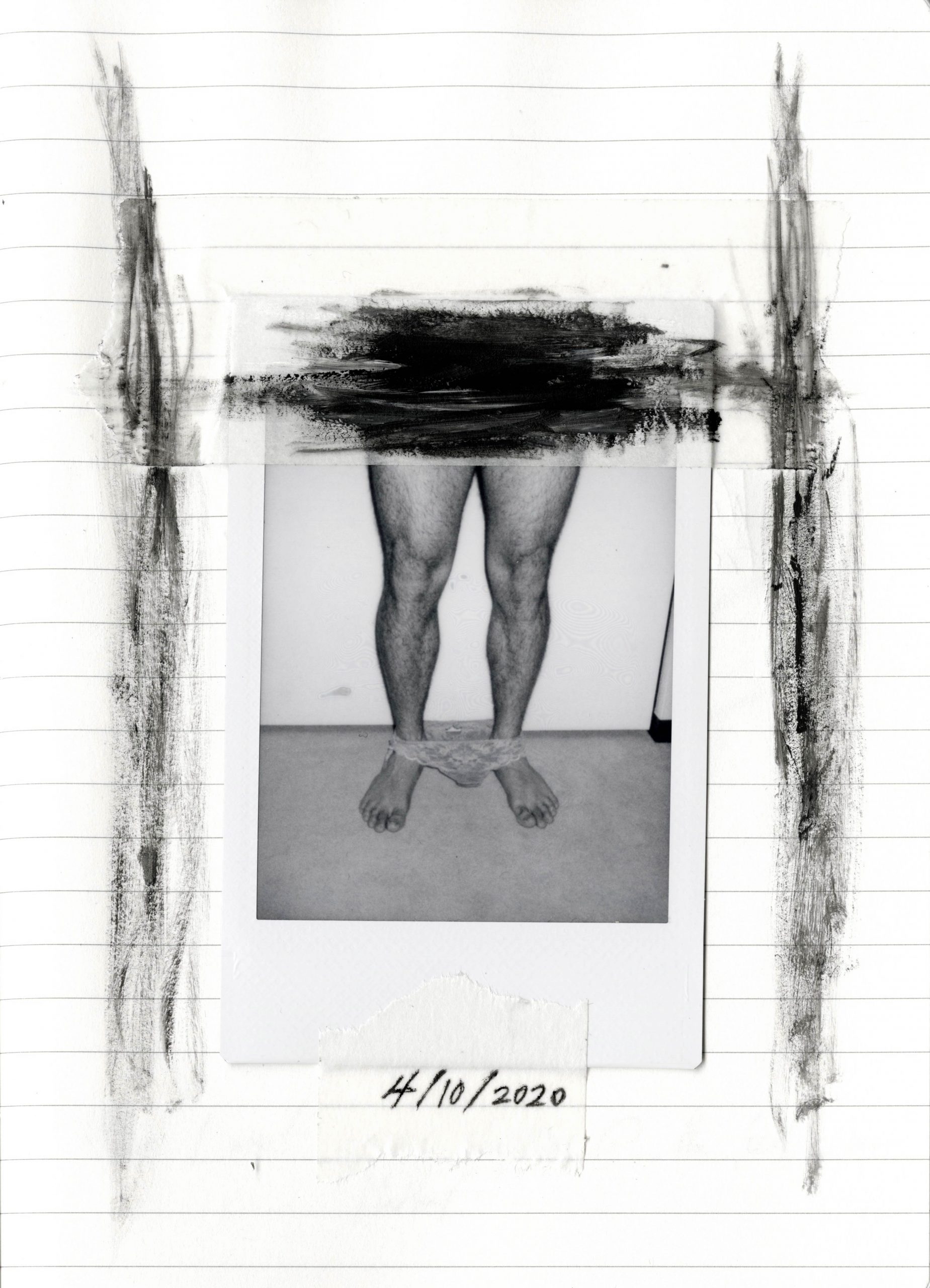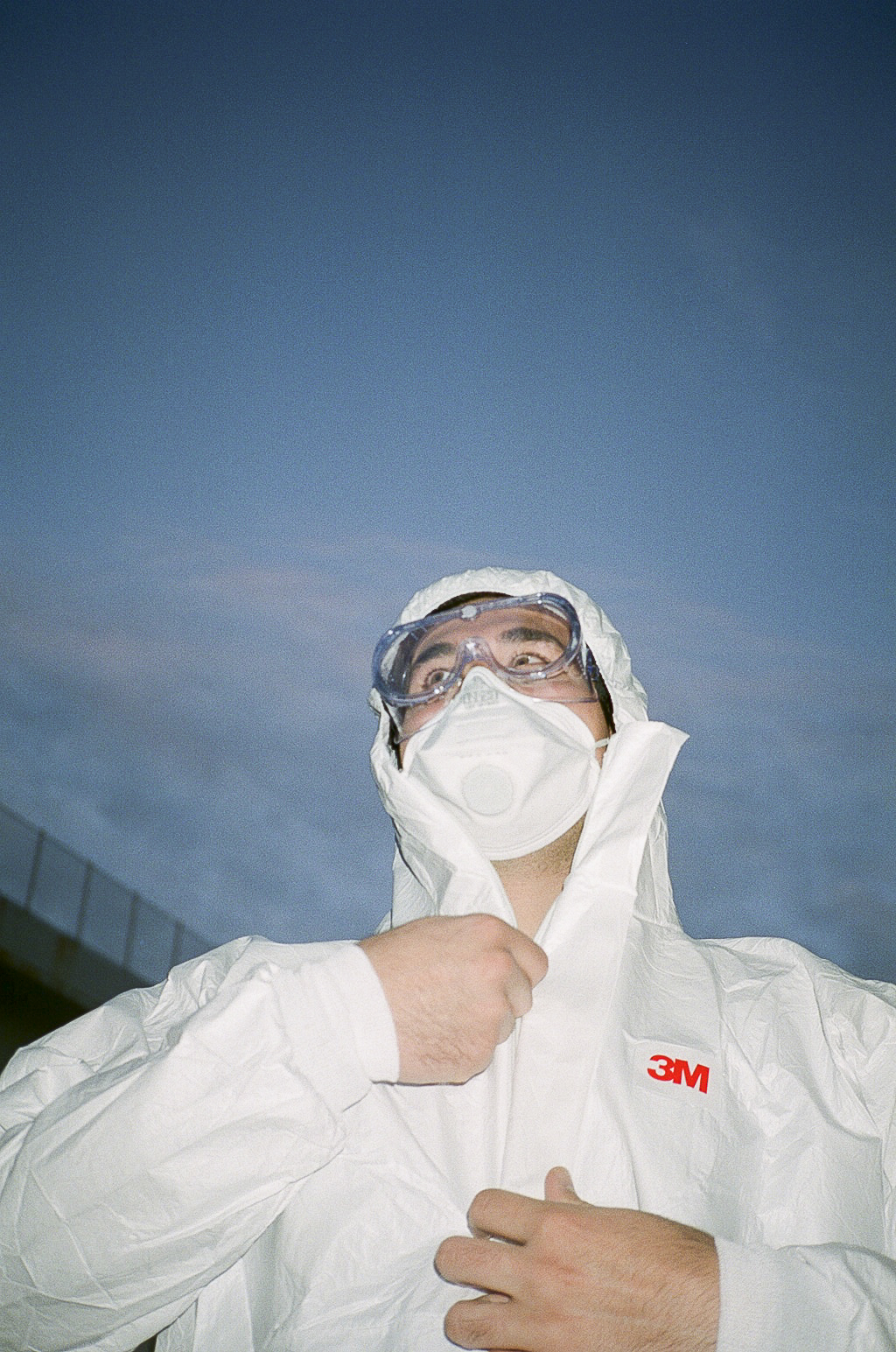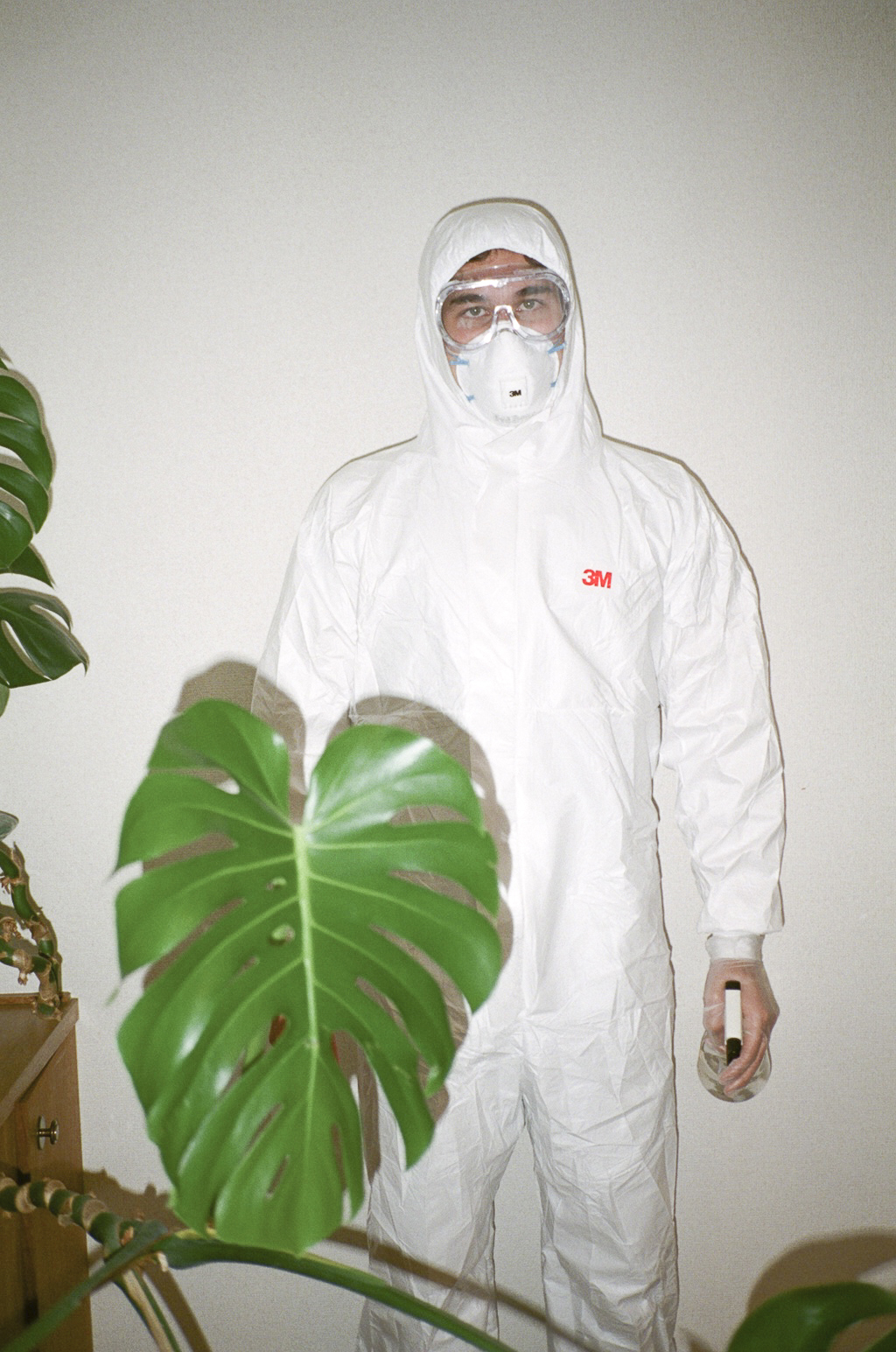Hanna Ueda
Thesis
"By shooting primarily with 35mm film, Hanna Ueda captures diaristic and lyrical images of natural elemental subjects. Her work poetically visualizes personal recollections of her past or concepts familiar within her Japanese culture and heritage. Through her photographic practice, she captures fleeting moments of natural landscapes, phenomenons, and objects painted in a transcendent and semi lucid light. Her work evokes ideas of temporality and the divine through the notion of Shintoism, by capturing ordinary moments in life with a profound almost fantastical and hallucinatory perspective. Her work induces a timeless aesthetic in the field of art, interwoven with visions of forgotten utopias and ethereal beauty. "
My work is a series of photographs dedicated to my grandmother, Yoko who currently suffers from Alzheimer’s disease and memory loss. The series attempts to poetically visualize the impermanent and imperfect nature of our relationship and of life, the malleability of memories, and the impermanence of experience through diaristic photographs of ever-changing moments. The result is a sequence of images that seems to dissolve in front of our very eyes, in what is a pictorial metaphor for the ephemeral nature of our memories and experiences. This is a concept familiar within my Japanese culture, in which the term “Wabi-Sabi”can be described as the beauty of the “imperfect, impermanent, incomplete, natural and unconventional” or “an awareness of the transience of things.” I continuously find myself tying my photography to ideas of the Wabi-Sabi philosophy and into my real life as well.
Shooting primarily with 35mm film, my work captures fleeting moments of natural landscapes, objects and people painted in a transcendent and semi lucid light. By incorporating direct quotes by grandmother written in Japanese, mixed in with personal notes I wrote to myself in my sketchbook, I am able to express my culture and my purest thoughts in the most authentic way. Photography for me is not looking, it’s about feeling. I feel the most important element in photography is that it makes us feel something a kind of subtle beyond, as if the image desires something beyond what it permits us to see. My body of work allows my audience to attain a feeling of transcendence and the transitory nature of life.
-
Personal Website
hannaueda.com
Hanna Ueda
